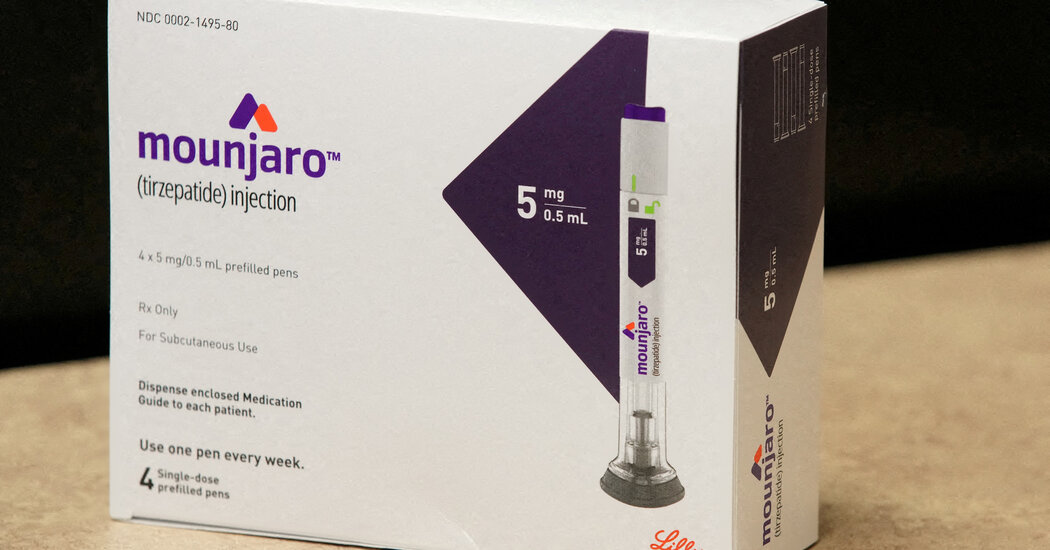The British government announced a multimillion dollar pharmaceutical partnership with Eli Lilly, including a trial that will study the impact of a weight-loss drug on work and productivity.
Around one in four adults in Britain is obese, according to estimates from the country’s National Health Service, and the problem costs the public health care system billions every year.
Now, the government says that weight-loss injections might be part of the solution, and might even help boost Britain’s productivity, which has been sluggish for years.
Studies show that people with obesity are more likely to find that ill health affects their productivity and attendance at work.
On Monday, the government announced a 279 million pound (around $365 million) investment from the pharmaceutical company Eli Lilly. Among other things, the investment will help explore new ways of delivering health services to people living with obesity, and include a five-year trial of the company’s drug tirzepatide, also known as Mounjaro, which is used to treat diabetes and for weight loss.
The trial, in the Greater Manchester area in northern England, will study the effectiveness of tirzepatide in bringing about weight loss, preventing diabetes and tackling obesity-related health conditions. It will also aim to collect data on whether the drug leads to changes in participants’ employment status and sick days from work, according to a statement from the Health Innovation Network, the innovation arm of the N.H.S.
The government said that up to 3,000 people could eventually take part in the study.
Prime Minister Keir Starmer, speaking to BBC Breakfast on Tuesday, said he believed the drugs could be “very important for our economy and for health,” adding that tirzepatide “will be very helpful to people who want to lose weight, need to lose weight, very important for the economy so people can get back into work.”
